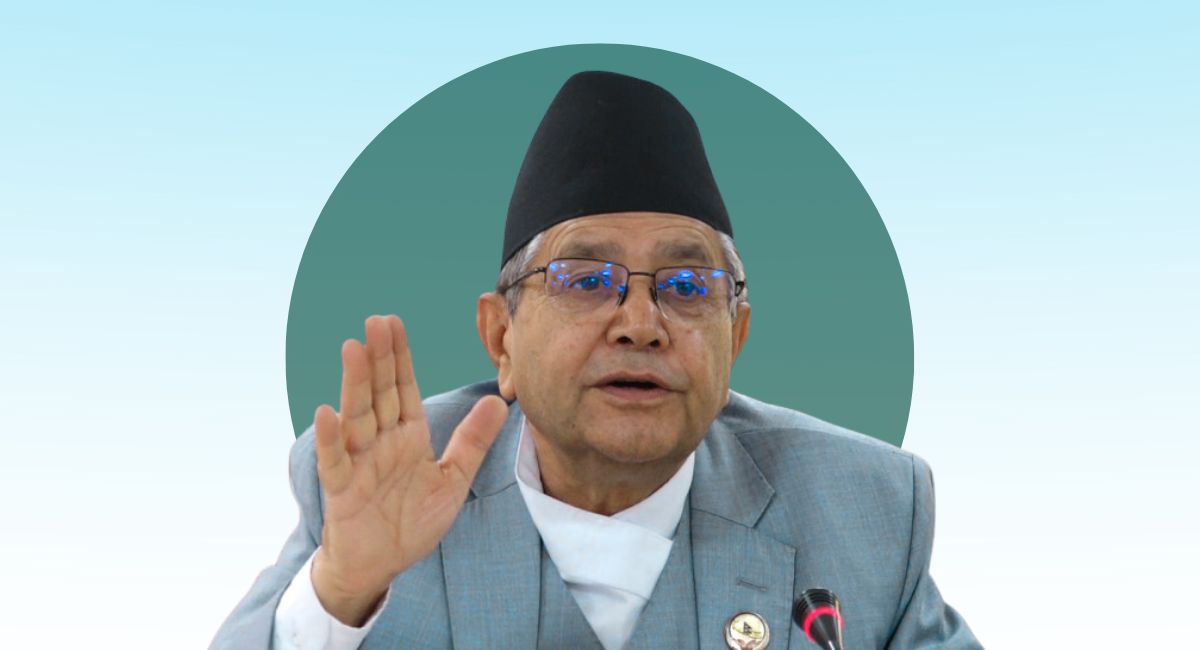Speaker Devraj Ghimire has stated that both the dissolution of the House of Representatives and the announcement of the election date made on the recommendation of interim Prime Minister Sushila Karki are unconstitutional.
Submitting his written response to the Supreme Court in a writ petition filed against the dissolution of the House and the formation of a government under former chief justice Karki, Ghimire said that Karki was appointed prime minister in violation of constitutional provisions by the guardian and protector of the Constitution. The president is the guardian and protector of the Constitution of Nepal.
“It is evident that the current prime minister was appointed by the very guardian and protector of the Constitution, in contravention of constitutionalism, the rule of law, and established practices,” Ghimire said in his written response. “The recommendation to dissolve Parliament made as the first decision of an unconstitutional prime minister, and the subsequent announcement of the election date based on that recommendation, are both unconstitutional and therefore unenforceable.”
Ghimire further argued that appointing a person who is not a member of the House of Representatives directly as prime minister contradicts the rule of law and Article 76 of the Constitution, which clearly states that the president must appoint as prime minister a member of the House who is the leader of the parliamentary party with a majority.
“Article 132 of Nepal’s Constitution, under the heading ‘Chief justice and justice of Supreme Court not to be engaged in any other office,’ specifies in Clause (1) that no chief justice or justice of the Supreme Court shall be engaged in or deputed to any office other than that of a judge. Clause (2) further states that no person who has once held the office of chief justice or justice of the Supreme Court shall be eligible for appointment to any government office, except as otherwise provided for in this Constitution,” Ghimire said in his written response.
He further wrote: “The appointment to the position of prime minister, the head of government, must be made according to the Constitution. An appointment made outside the constitutional boundaries violates fundamental principles such as constitutionalism and the rule of law.
Though there were sufficient pathways to do the work according to the Constitution, those were not followed, and instead an unconstitutional method was adopted to appoint the prime minister. Therefore, the appointment of the prime minister is totally unconstitutional.”

